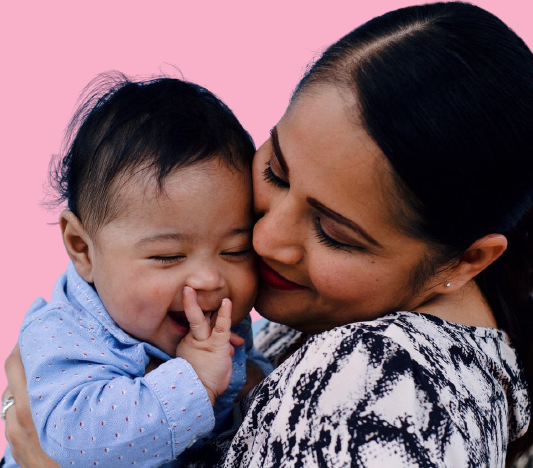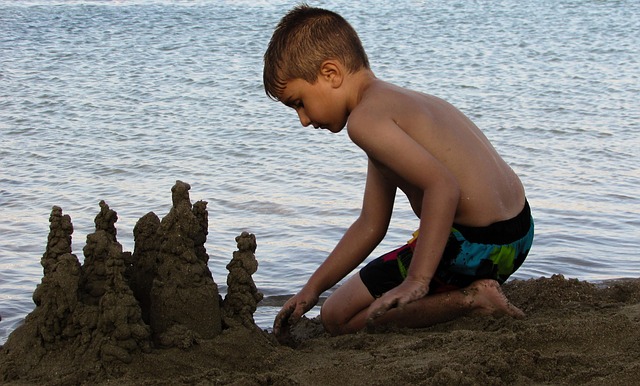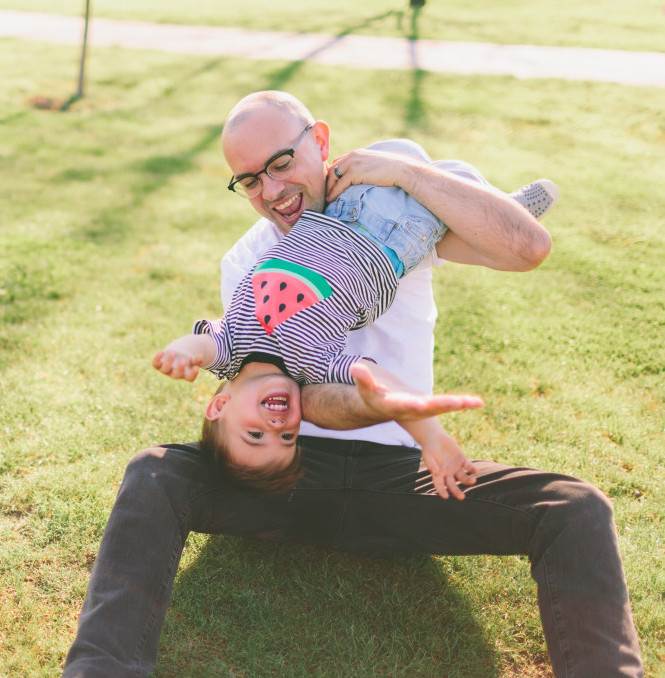
Mindfulness Minutes Series Helps Children Learn About Mindfulness [web resource]
You may be wondering why mindfulness is important for your child. Mindfulness gives kids the habit of focusing on the present moment and ignoring distractions, promotes happiness and patience by lowering social anxiety and stress, teaches them to stay calm Read more >>











